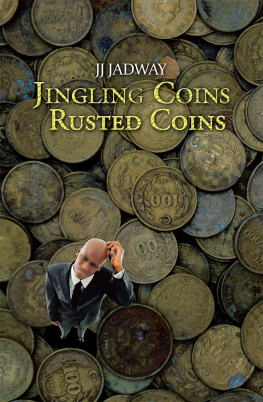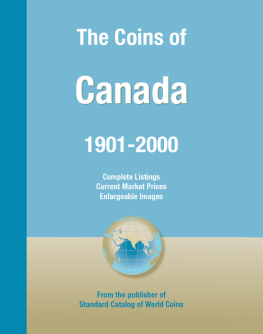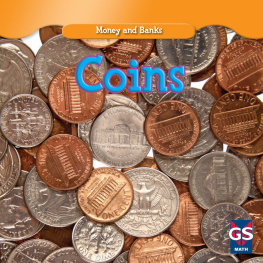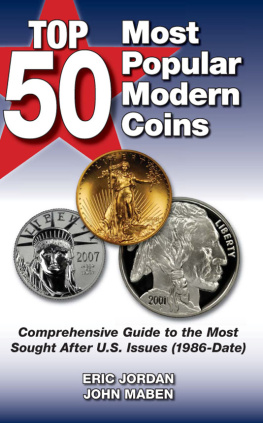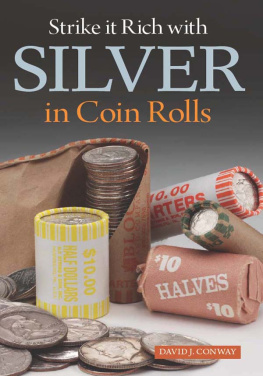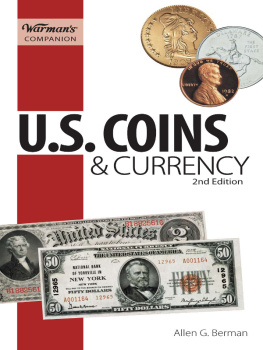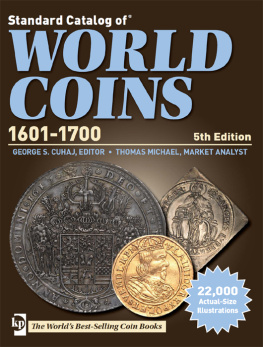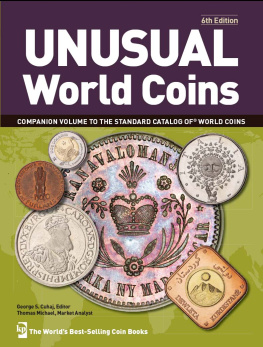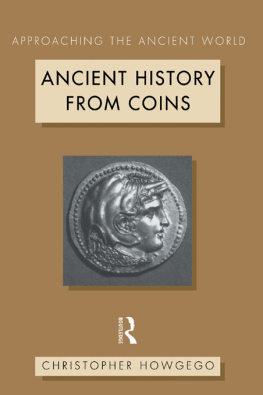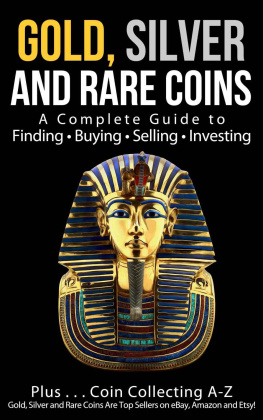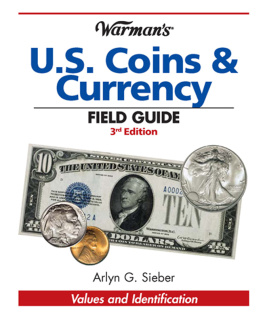JINGLING COIN s
RUSTED COINS
JJ JADWAY

Copyright 2013 by JJ Jadway.
ISBN: Hardcover 978-1-4828-1105-6
Softcover 978-1-4828-1106-3
Ebook 978-1-4828-1104-9
All rights reserved. No part of this book may be used or reproduced by any means, graphic, electronic, or mechanical, including photocopying, recording, taping or by any information storage retrieval system without the written permission of the publisher except in the case of brief quotations embodied in critical articles and reviews.
Because of the dynamic nature of the Internet, any web addresses or links contained in this book may have changed since publication and may no longer be valid. The views expressed in this work are solely those of the author and do not necessarily reflect the views of the publisher, and the publisher hereby disclaims any responsibility for them.
Partridge books may be ordered through booksellers or by contacting:
Partridge India
Penguin Books India Pvt.Ltd
11, Community Centre, Panchsheel Park, New Delhi 110017
India
www.partridgepublishing.com
Phone: 000.800.10062.62
CONTENTS
Dedicated
To
The banker in the field
... beating in the void his luminous wings in vain.
Jingling Coins Rusted Coins is the story of a soldier turned banker. One might justifiably ask why this vanity of writing the story of a soldier banker in the form of a memoir? Who the hell you think you are? Why should we or anyone else be interested in knowing about you, a non-descript soldier turned banker or whosoever else you think you are? In the midst of so many important things, events and personalities, why should anyone be interested in knowing about a person whose contributions to society may be suspect and may actually be a big naught? These are the very likely or perhaps very legitimate questions that the readers of this memoir could well hurl at me. Who the hell do I think I am? A poor air force chap with an unproductive and inconsequential childhood, having ended up as a bankertransiting from rusted coins to jingling coins categoryin the process? And who do I dedicate this to? To a faceless banker! Why the hell do I regard his wings as luminous, not emaciated and battered as they should actually be and as they should legitimately be called? And who cares for the vainly flapping wings of a banker, a soldier with a past that would hardly make any sense to anyone in this second decade of the twenty-first century? These are hard, tough and very unpalatable and, at times, painful questions to answer. Memoir or what pretends to be a memoir has this advantage that you do not have to answer any of these questions directly or specifically as they are hurled at you. As the story (dont they say every life has a story to tell?) unfolds, these questions begin to get their answers; or would, at least, make pretensions of attempting to do so. These and many other questions, perhaps more incisive ones, will be found answered as one progresses through its pages.
Yes, one has to progress through these pages and not just leaf through them, for then the questions and their answers will be lost on them. Besides, a progress is always a scientific exercise. There is, therefore, no real need for an introduction or a preface. I can start it all without any ado at all, and without much of a fuss. The only reason why I am taking liberty of writing this brief apology is because whatever little literature is available on banking, or even on soldiering, is resourced by those who either held a corporate post, were privy to corporate decisionsgovernance or no governanceor were hoisted from above; they did not come from the grass root banking or soldiering scenariofrom the rank and file, as they say. They did not sprout from within. They were bankers or soldiers, depending on where they belonged at a specific point of time, in a very limited sense of the term and were not associated with day-to-day drudgery we may euphemistically call banking, or soldiering. Notwithstanding what the slogan Pure Banking and Nothing Else or Banker to Every Indian , may proclaim, a banker, even from the largest bank, does not enjoy much of a leeway in the society he lives and his banking practices are not necessarily pure banking. So long as he is able to meet the financial anxieties of the people around, he has some recognition and importance as a banker. Once he is out of the monolith, he joins the group of persona non grata. A soldier lurking from behind the fence makes little or no impact at all on the life around except when he moves in as part of one of the marauding parties out to teach a lesson or two to the villagers who dared to question them on any of their acts not approved by the civilized society. What if the soldiers were stationed there to provide protection to these very people from external and internal marauders!
My unknown banker is from the grass roots. My soldier too is from the grass roots. He is not a general or a field marshal, but a willing or unwilling member of those occasional feats of marauding raids, or just a fence sitter. No panoramic view of what obtained in air force establishments will be found here. Those perched high on the hierarchy have a view that would not match the vision of the man on the ground. So, both my bankerhis jingling coins notwithstandingand my soldierwith his rusted coins from air forceare from down the earth. He that is down needs fear no fall . Reading public has, perhaps, not seen banking from the perspective of a bank employee who represents banking at the micro level and straddles up to give us glimpses of macro economics with all pitfalls that stand between the two.
Likewise, it is highly unlikely that he has been acquainted with the daily chores of a soldier whether in army, navy or in air force who made sacrifices, but the leaders got away with accolades. There will be occasional glimpses on what went on inside the fence including the lamentation of some who thought they helped carve out Bangladesh out of Pakistan while the prime minister went on to become Bharat Ratna. Not that they quite minded it. But it rankled when the same prime minister disowned the excesses of the emergency by apportioning blame on the excessively enthusiastic officials for all the atrocities that were perpetrated on the people; when she completely disowned whatever was wrong with the Emergency. Suffering no qualms in taking credit for 71 Indo-Pak war that culminated into creation of Bangladesh, but wholly unwilling to take discredit for the excesses committed under her regime! Soldier in me found it revolting to his sensibilities. For him every credit entry had a corresponding debit entry. She had violated this time tested principle, and he did not approve of it both as a soldier and banker.
My bank began its journey from a land no longer part of this country. The journey began in the last decade of the nineteenth century though I joined it midstream in 1979. In its onward journey, it created many milestones. One such milestone was created when after partition, the bank flung open its strong room to anyone and everyone fleeing from the tormentors from across the border if only he or she could produce any piece of paper that could even remotely suggest he or she had an account with the bank, notwithstanding the status of the accounta banking feat never repeated anywhere by any bank in any part of the world. It encountered many millstones, too, of which I was a part, no matter how small or insignificant.
In writing this memoir, I have not, as a matter of rule, followed the chronological order of events. Rather, I have put them together in the manner of a collageincidents picked up randomly from here and splashed them together there. In this kind of writing, there is always a dilemma as to where you begin. Do you begin at the beginning? Do you begin at the end with retrospectives thrown in or do you begin at the midway and saunter backward and forward? I chose to follow this midstream method without making any attempt to throw asunder the principle of chronology. I have made no conscious effort to break the chronology: just followed instincts within the limits of a memoir as I understood them.
Next page
